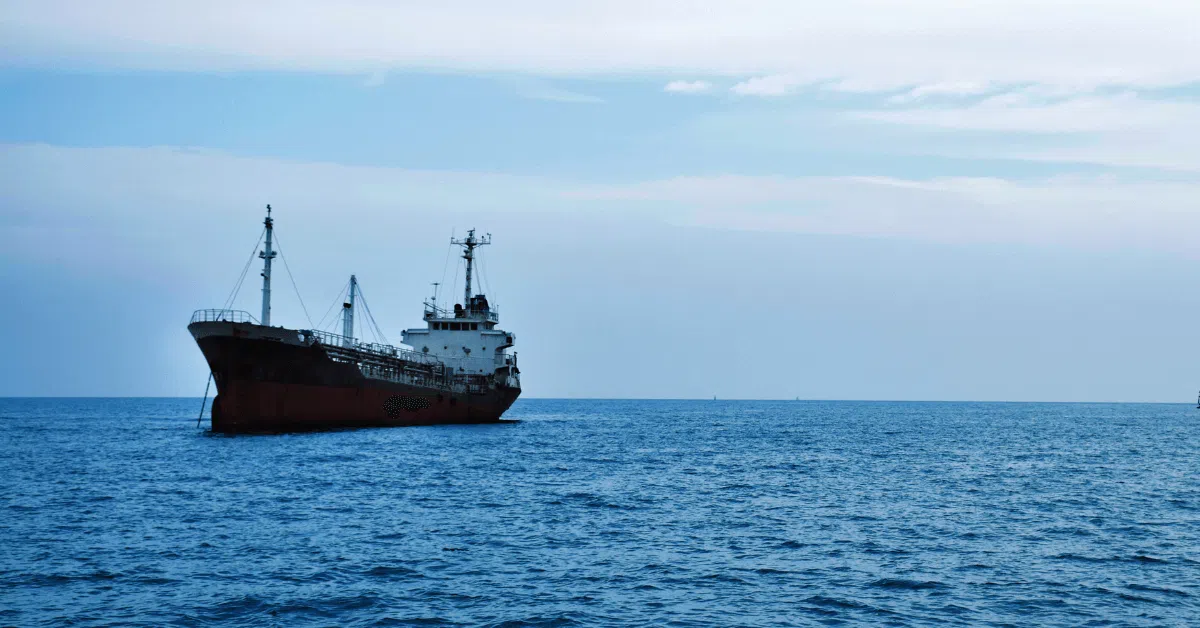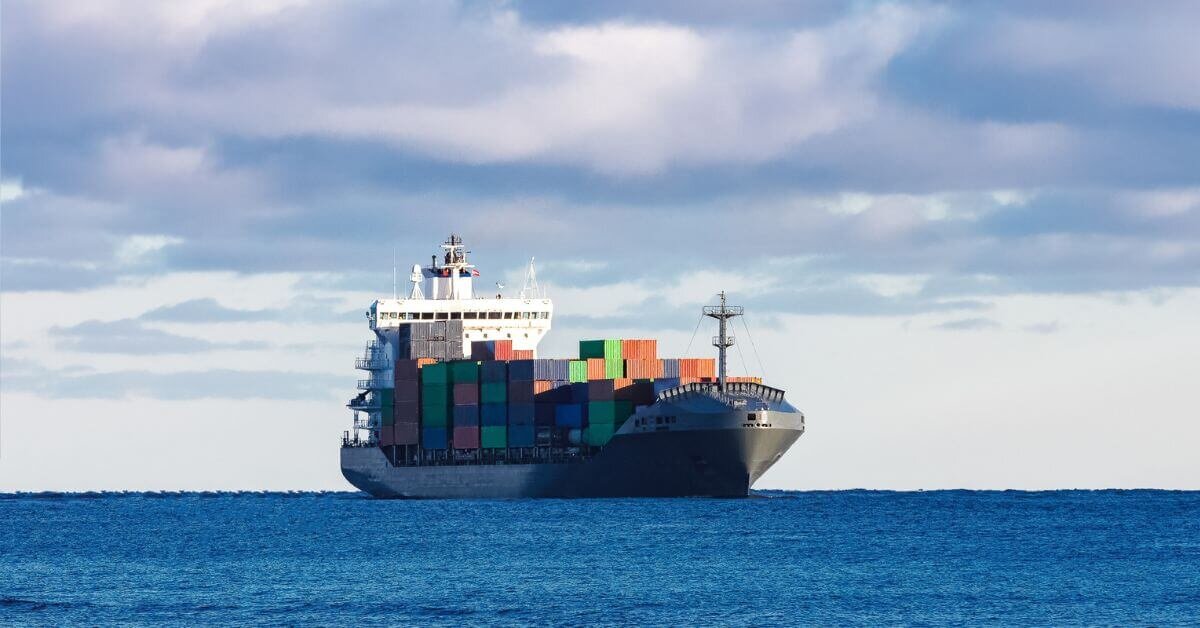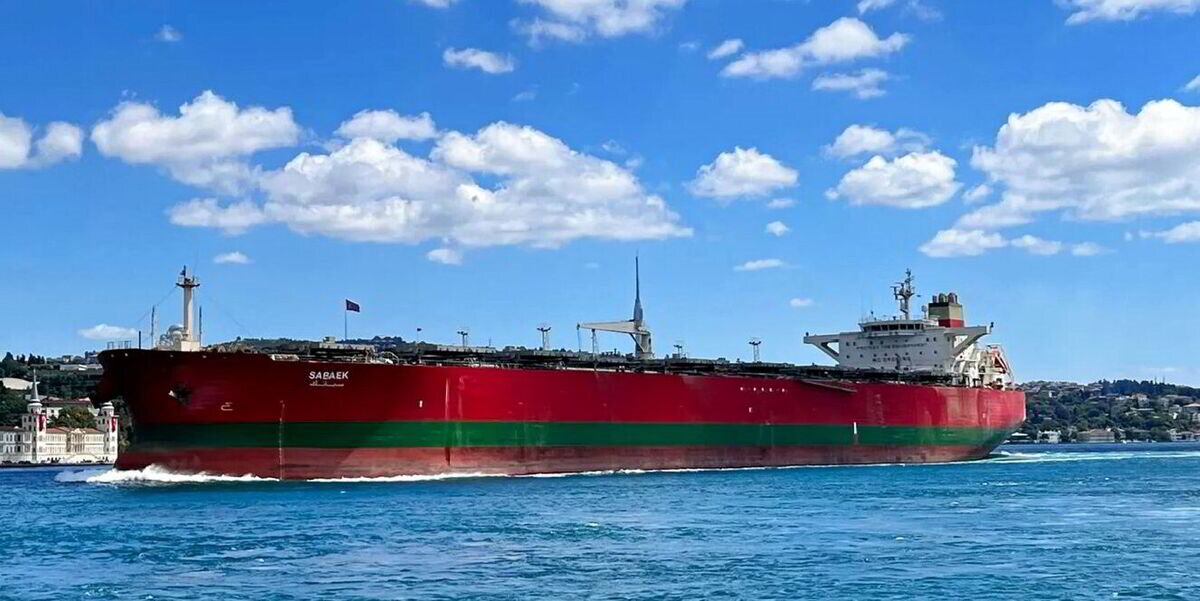Judicial bomb in Helsinki – Innocent the sailors of the tanker Eagle S! The court acquitted the captain and the officers of all charges for damage to submarine cables, confirming that the incident was an accident and not an intentional act.
The Helsinki District Court surprised everyone this week, overturning everything regarding the case of the tanker Eagle S.
After many months of investigation and dozens of testimonies, the judges dismissed all charges against the ship’s captain and two officers, who had been accused of intentionally causing damage to five submarine cables in the Baltic Sea.
The court stated that the damage was caused by a mechanical failure in the anchor system, and not deliberately by human intent. But most importantly of all, Finland did not have the legal jurisdiction to adjudicate the case!
The decision shocked and surprised many in the shipping sector, as it was the first time a European court had brought charges against a ship’s crew for damage to a submarine cable.
The prosecutors insisted that the ship’s deck officers were negligent, and that they should have realized that the anchor had dragged for almost sixty miles!
Ultimately, however, the court decided that the incident was a maritime accident under the United Nations Convention on the Law of the Sea, meaning that the case belongs to the flag state, the Cook Islands, and not to Finland.
Of course, there are quite a few question marks here regarding the incident, since it is impossible for the captain and the officers on the bridge not to have realized that the ship had moved from its original anchorage point by 60 whole nautical miles…
The Eagle S and its crew had been detained for many months. More specifically, the ship was held in port until March 2025, while eight crew members were banned from leaving Finland.
For the three officers, the ordeal finally ended when the court lifted all restrictions in September. They left the country shortly after, free but exhausted after nearly a year in detention.
This decision could set a precedent in case of future damage to submarine pipelines, so that if there is even the slightest doubt about whether there was malicious intent, sailors are set free and not tormented for such long periods away from their families.
Another interesting element that emerged is that the court noted that there was never any evidence that the officers intended to deliberately cause damage.
The rumors linking the incident to geopolitical tensions, and much more so to Russia, were never substantiated. What remains now is a sense of relief for the sailors and a question for Europe: how harshly should justice treat sailors when there is a genuine maritime accident due to human error or negligence?




